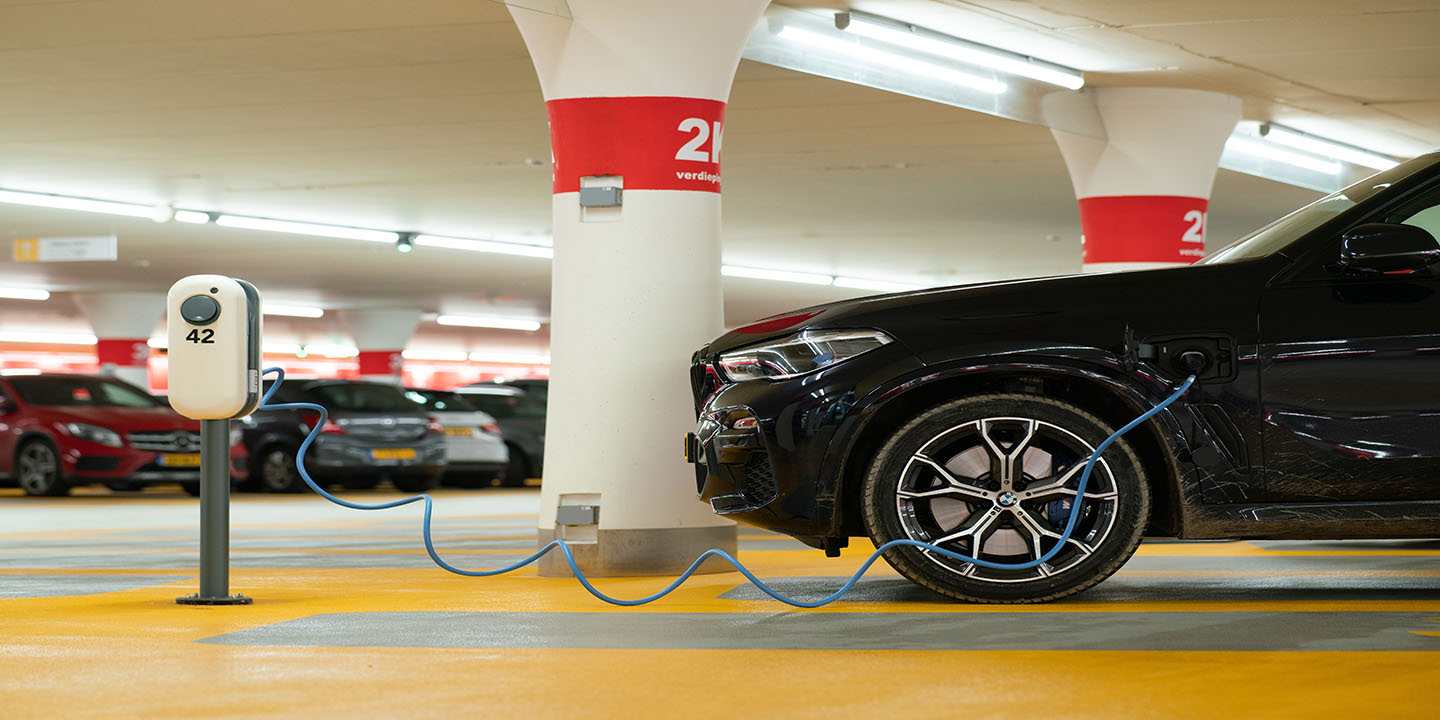Ever stopped to take a nice, deep breath when you enter a new vehicle? That’s some good old-fashioned “new car smell,” a chemical cocktail that emanates from the vehicle's various interior materials.
Sadly, we’re here to report that this chemical cocktail isn’t doing you any favors. In fact, it may be extremely detrimental to your health.
A study from Cell Reports Physical Science shared that, “Levels of formaldehyde and acetaldehyde exceed the suggested limit, with 34.9% and 60.5% over the standard rate, respectively.”
What Are Those?
Formaldehyde is a colorless, but highly flammable, gas that is usually used in things like insulation, pressed-wood products, and glues, but also appears naturally through the act of combustion.
Acetaldehyde is a colorless, but also flammable, liquid that appears in coffee and certain fruits, as well as in the body after alcohol is broken down. It’s also commonly found in perfumes and polyester resins, often identifiable by a strong, fruity odor.
Both of these chemicals are volatile organic compounds, which can cause serious health issues if you have long-term exposure.
Tell Me More
For nearly 2 weeks, several new vehicles were sealed up and parked outdoors, with sensors attached to detect any potential chemical levels.
The vehicles underwent a variety of environmental changes, which also helped researchers understand how and when new cars could potentially be more dangerous. Unsurprisingly, warmer weather saw an increase in VOC emissions within the car cabin.
It doesn’t end there. The study also said, “Detailed calculation indicates that the inhalation route plays a significant role in the risk of cancer for drivers and passengers exposed.” Meaning that a deep breath of your brand-new, four-wheeled baby puts you at a higher risk for cancer than the next guy.
 Swansway Motor Group on Unsplash
Swansway Motor Group on Unsplash
This isn’t the first time that this theory has been studied, either. In 2021, researchers at the University of California found that new car owners, or those in new vehicles for 20 minutes, are already exposed to unsafe levels.
They detected, alongside formaldehyde, Benzene, DEHP, DBP, and TDCIPP within the vehicle’s cabin. Prolonged exposure to Benzene in particular was estimated at over 100% of the recommended reference dose, putting individuals at a much higher risk for cancer development.
How Do We Fix This?
The most logical, immediate answer is frequent ventilation. Keep those windows down for as much and as long as possible. Other potential methods include the “bake out” method, where you park the vehicle under the hot sun with the windows open, and wipe down surfaces with vinegar and water after a few hours. Alternatively, you can place activated charcoal in the vehicle or sprinkle baking soda around to help absorb the stench.
In the long term, car companies can adjust potential VOC levels by using low-emission materials, like adhesives, foams, and plastics, or switch to natural materials. Adhering to proper interior air quality standards is also, y’know, a pretty good idea. It keeps us nice and healthy, and it keeps a model from getting recalled.







